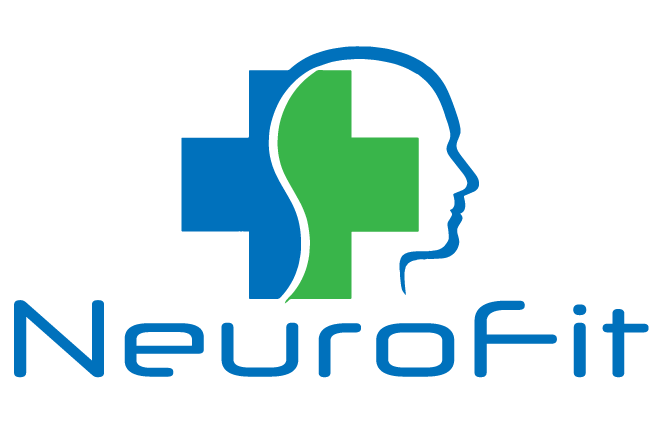Neurofeedback can address and improve many common mental health problems. Here are just a few:
ADHD/ADD
Neurofeedback has helped thousands of children and adults with attention deficit hyperactivity disorder (ADHD), also commonly called attention deficit disorder (ADD). Unlike medication, neurofeedback actually re-trains the brain, resulting in significant improvement. With neurofeedback, people learn to make long-term gains in self-control and attention because their brain simply works better.
Research shows neurofeedback is an effective treatment for ADHD/ADD by teaching people to produce the brain-wave patterns associated with focus. By diminishing symptoms of ADHD, including impulsivity, distractibility, and acting out, neurofeedback can improve these problems by as much as 76 percent.
ANXIETY & STRESS
Especially today, anxiety is a huge barrier to mental health. Helping people calm themselves is the most effective solution for anxiety and stress. Neurofeedback teaches you to regulate the brain and changes how it responds to life’s challenges. A combination of counseling and neurofeedback teaches you to consciously control and reduce anxiety and stress levels.
DEPRESSION
Depression is the number one cause of disability worldwide. It can rob people of the joy in life, leaving them a shell of their former selves. Despair, loneliness, sadness, and even suicidal thoughts are common.
Traditionally, depression is treated with therapy and medication. Both approaches have limitations. Also, medications can have significant side effects. With neurofeedback, we train frontal parts of the brain that are prone to depression. We can normalize the brain’s activity, resulting in a reduction of depressive symptoms for many people.
AUTISM
Neurofeedback training has been used by clinicians to help thousands of children on the autism spectrum, one of the most difficult problems to treat. It can help both those with high functioning autism (formerly called Asperger’s) as well as those further down the spectrum. Much like a ‘tune-up’ for the brain, neurofeedback addresses specific problems by reducing the ‘static’ of the brain and clarifying thought.
Improvements include a reduction in emotional outbursts, compulsive behavior, and hyperactivity. By simply watching the screen, you learn to gain better control over your own brain activity. Improvements in emotional stability are possible and are effective for both children and adults.
INSOMNIA
Sleep is a crucial part of everyday life. At least 40 million Americans each year suffer from chronic, long-term, sleep disorders. An additional 20 million experience occasional sleep problems. The impact on their health, work, and relationships are immeasurable.
Insomnia can also make other mental health problems worse. Neurofeedback is a powerful tool for helping people fall asleep and stay asleep. We help identify these brain areas and train you to better manage your sleep patterns. Neurofeedback is also an ideal alternative to insomnia medications.
PTSD
Nearly everyone will experience a shocking, frightening, or dangerous situation in their lives. Most of the time, we’re able to deal with it with no problems. However, some individuals develop an ongoing or short-term form of anxiety. They continue to feel stressed or vulnerable despite there being no immediate danger or harm to them.
This is called Post Traumatic Stress Disorder, or PTSD. Many studies show neurofeedback can significantly reduce PTSD symptoms by teaching the brain to reduce or turn off stress responses, improving focus and attention. Neurofeedback helps your brain learn to put traumatic events in the proper perspective so you can enjoy life again.
Contact us today and unlock your brain’s real potential.
